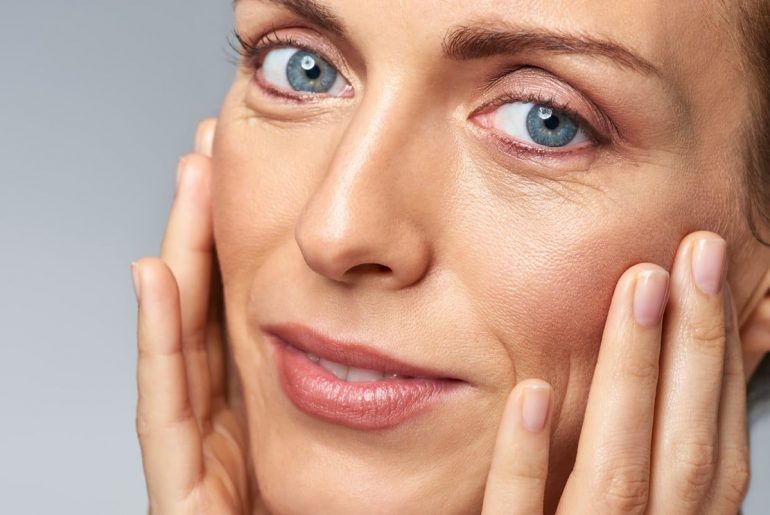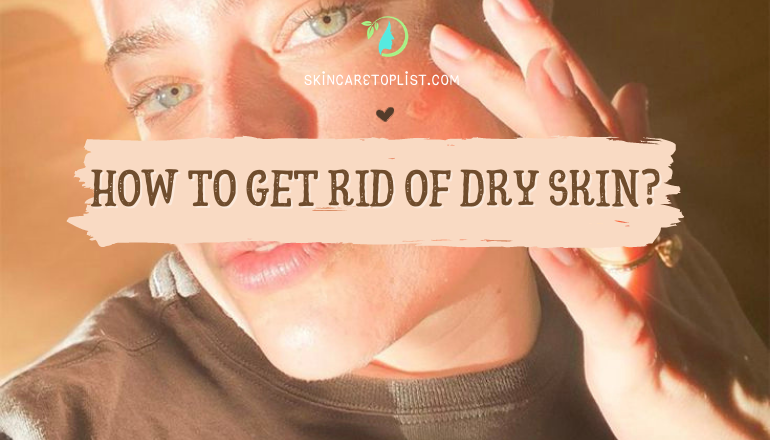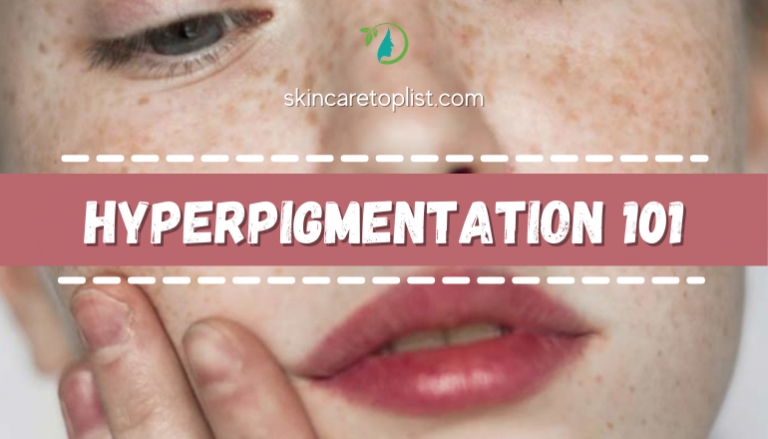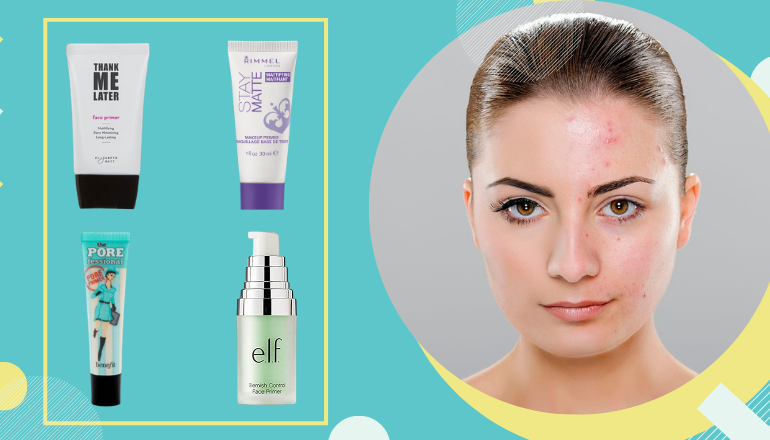
Are you looking for a medicine that will both treat acne and anti-aging? So does glycolic acid help with acne?
You hear many people whisper that glycolic acid is a miracle to help many people with young skin even after entering the twenties?
Even glycolic acid also makes the skin full of acne bumps become white and pink?
Through this article, you will understand glycolic acid for the skin, as well as a note to know when using glycolic acid drugs in the current skincare process.
Overview
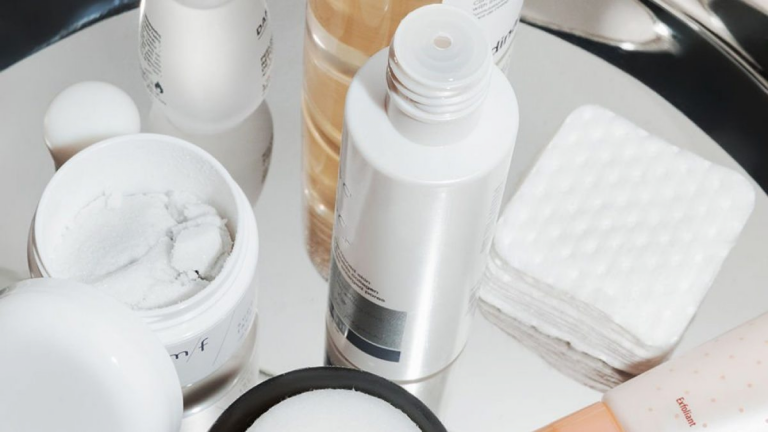
The drug glycolic acid is a drug belonging to the AHA group that is extracted from many fruits, especially sugarcane.
The drug glycolic acid is often favored by many women thanks to its effects on skin rejuvenation as well as an effective acne treatment. Because it is extracted from fruits, glycolic acid is considered a natural medicine and safe for the skin.
If you are suffering from acne, scars left by acne, and want firmer skin, glycolic acid is one of the top priorities for you.
Does glycolic acid help with acne?
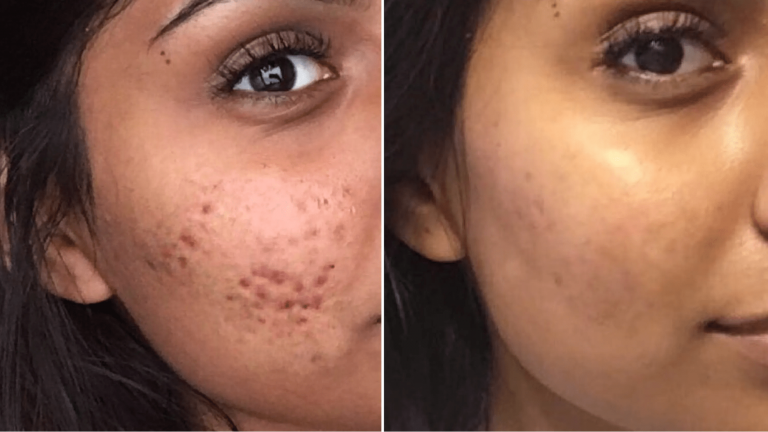
The answer is yes.
Because Glycolic acid works to prevent the growth of bacteria that cause acne scars, acne bumps, moisturize, exfoliate and clean squash pores.
The mechanism of action of glycolic acid is that small molecules penetrate deep into the epidermis layer of the skin.
Glycolic acid becomes a series of acids that help fight dullness, blackheads, reduce oil as well as prevent wrinkles for the skin.
Glycolic is often used with benzoyl peroxide to help many women eliminate nasty acne.
If you use glycolic acid to exfoliate your dead skin regularly, your face will have less acne.
Exfoliation plays an important role in preventing blackheads, whiteheads according to research from the American Osteopathic College of Dermatology.
If you have recently had acne, you can combine a 2.5% benzoyl peroxide to wait to dry, then continue to apply 10% glycolic acid to remove dead skin cells as well as acne scars or acne bumps.
The appropriate pH of glycolic acid usually ranges from 3 to 4. In addition to benzoyl peroxide, glycolic acid, you can use cosmetics containing lactic acid.
Glycolic acid is often found in cosmetics on the market today, such as cleansers, toners, lotions, moisturizers, serums, or creams.
You can find out through the following article: The 18 Best body lotions for Crepey skin, about lotions containing exfoliating ingredients like glycolic acid.
Glycolic acid is famous in the beauty world because it is always on the list of certain ingredients in most exfoliating products.
However, today not everyone is knowledgeable about glycolic acid to use and preserve properly.
How to use glycolic acid medicine?

Usually, doctors recommend applying glycolic acid to the user's skin. But depending on the age, each person will have a different dose. Because if children use too much glycolic acid in high frequency, it can cause the skin to become damaged and not safe for health.
According to research, the drug glycolic acid is suitable only for adults. However, pregnant women, nursing women should also be cautious when using glycolic acid.
For people suffering from premature aging or wrinkled skin due to excessive sun exposure, the dose is usually not more than 20% but is limited to 2 applications, 10% per day.
For adults with acne scars or acne bumps, you should only use a glycolic content of 20%, 35%, 35%, even 70% at a frequency of every night for 2 weeks.
Particularly for people with melasma, you should use a 10% glycolic acid lotion and apply it every night for 2 weeks after 3 months.
Also, if you feel healthy skin, you can use a peeling mask containing 50% glycolic acid twice daily.
A reasonable procedure advised by doctors is to use a cleanser with benzoyl peroxide for 2 to 3 weeks. After that, continue to use the glycolic acid exfoliant for the next 6 weeks.
If you haven't used it effectively, stop for 1 to 2 weeks to start over. Repeat this process over and over until your skin is completely free of blemishes.
Non-medication time is the time to allow the skin to rest and avoid greasiness.
How to store glycolic acid drugs?
You should store glycolic acid drugs at room temperature, away from moisture, protected from light. You should not store the medicine in the bathroom. You should not store the medicine in the freezer.
Let’s read the storage instructions on the packaging carefully, or ask your pharmacist. Keep the medicine out of reach of children and pets.
You do not dispose of medication in the toilet or plumbing line unless requested to do so. Please dispose of medicine properly when it is out of date or cannot be used. Let’s consult your pharmacist or local waste disposal company about how to safely dispose of the medicine.
Some note when using glycolic acid
Before use
For facial peeling products containing more than 10% glycolic, be careful not to use them for a long time because your facial skin will be easily removed from serious rash and rash without the guidance of a doctor.
When using
If, after using products containing glycolic acid, skin becomes swollen, itchy or slightly irritated, rash, or even discolored skin, stop and test the lower acid content.
To avoid the above case, it is best to use cosmetics containing a low percentage of glycolic acid, then observe that the skin is absorbed and normal to adjust the glycolic acid ratio too high.
Also, glycolic acid can interact with alcohol and certain foods. When you share alcohol with glycolic acid, you will get sleepy, maybe even change the mechanism of glycolic acid medicine.
After using
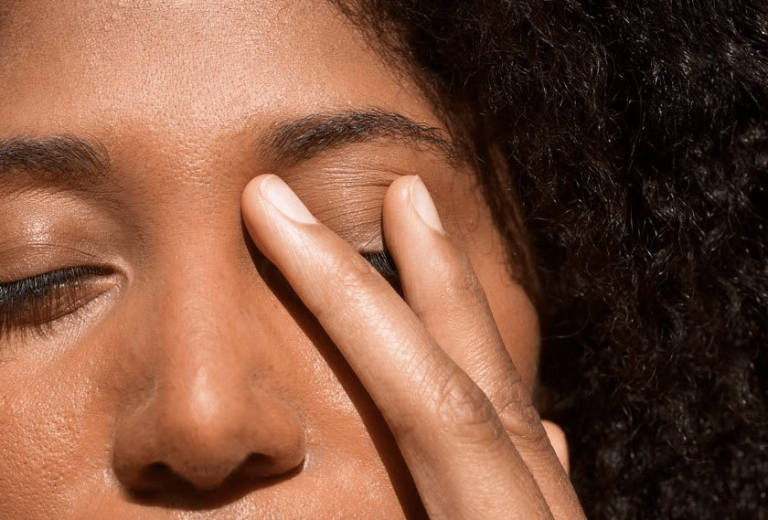
After using glycolic acid cosmetics, your skin will become extremely sensitive to the sun.
So, if your skin is sensitive, consult a specialist before using it. At the same time, you absolutely must not forget to apply sunscreen with an SPF higher than 30.
You can refer to the following post 25 Best Sunscreen for Melasma and Hyperpigmentation to prevent skin from becoming weak.
You should remember not to overdo glycolic acid because for sensitive skin, after using it, it may cause white mold to fall into the defense mechanism, leaving dark scars and acne scars on the skin.
Therefore, if there is any inappropriate reaction after using glycolic acid, always consult a doctor, especially for many girls who often use Accutane, AHA, retinol, vitamin A, or vitamin E.
Conclusion
“Does glycolic acid help with acne” is not a difficult question if you learn carefully about this acne treatment and exfoliating medicine.
Hopefully, through this article, you will have more knowledge to avoid persistent acne scars or acne bumps on the face.

